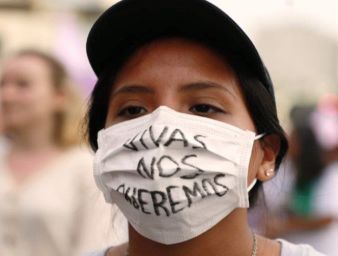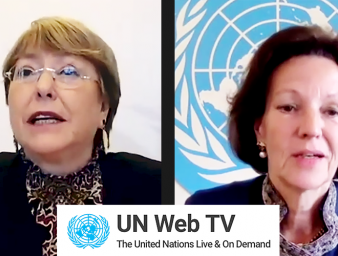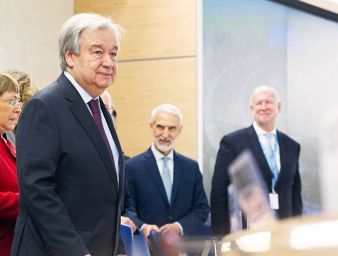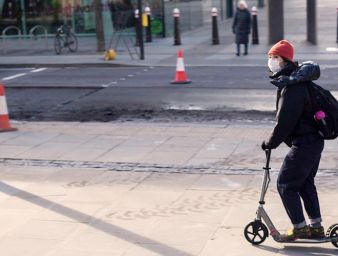Communities all around the world are showing solidarity to help each other through COVID-19 (August)
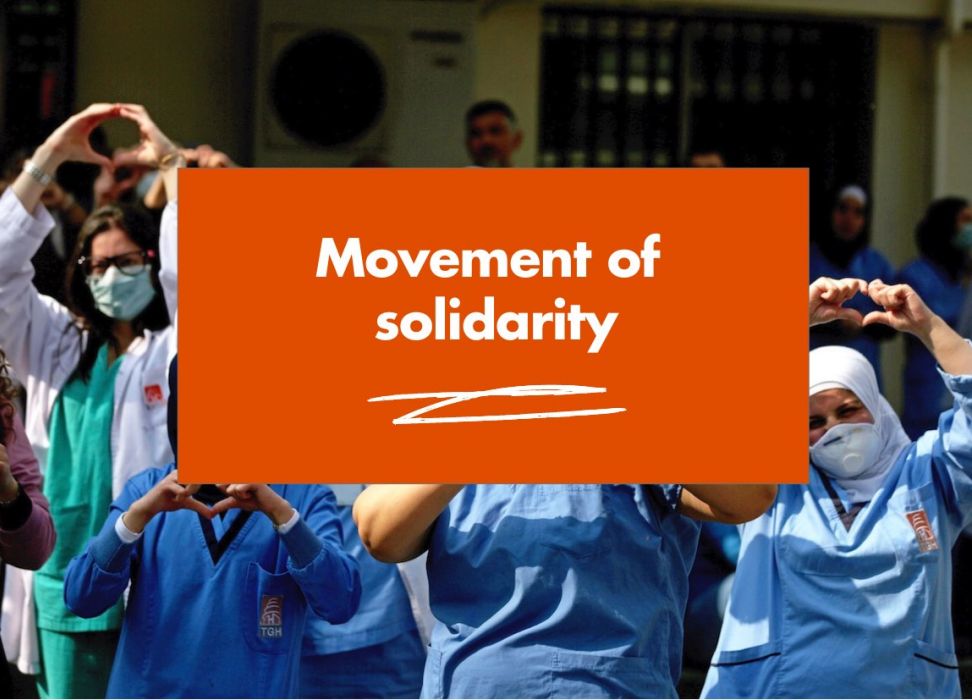
In Colombia, Jeison Aristizabal, a young man with cerebral palsy, created a nonprofit that provides crucial services to young people with disabilities. To ensure everyone's safety during the pandemic, the organization temporarily closed its center and ceased in-person classes. But Aristizábal and his team quickly put remote learning into action. They are also providing in-home and virtual medical treatment and physiotherapy. Ultimately, he hopes their efforts inspire the community to stay positive and overcome the challenges facing them. "It's important to give the best of ourselves in these moments," he said. "If we set our hope and we set our will, we can rise above all the adversities."
In the UK, Ann and John O'Leary have made 200 grocery deliveries to elderly and self-isolating people during lockdown. They bought food and hygiene materials for all the people that are in need. Resident Pauline Warner who lives in a rural village in Norfolk said: "I call them my heroes... That is very, very touching."
In Lebanon, the grand Baalbek Music Festival, set among 3,000-year-old Roman ruins, was reduced to just a single concert this year due to the COVID-19 pandemic. There were no crowds, but the performance was broadcast live on almost all the main Lebanese TV stations, as well as streamed online. For maestro Harout Fazlian, however, it was one of the most special performances of his career. Fazlian said he wanted to send “a message of hope and solidarity” as Lebanon sinks deep into the worst financial meltdown of its history, compounded by the global coronavirus pandemic.
In Nepal, the RNA-16, a rescue and awareness volunteer group became local heroes during the pandemic. When most of the city's first responders refused to transport suspected COVID-19 patients, RNA-16 converted a borrowed truck into a makeshift ambulance to pick people up for virus tests. And when people went to the hospital for tests, they help them line up, collect information and take their samples. "They are truly our heroes and doing work that no one is willing to do. When even health workers are scared, they have dared to help people in the pandemic," said Kiran Thapa, a city council member.
In Russia, A group of local e-commerce companies had erected a monument in Moscow thanking couriers for helping people through the coronavirus lockdown. The organisers said in a statement that they wanted to "highlight the contribution of those frontline workers who continued delivering essentials across the country. The tribute comes after some delivery workers, many of whom are impoverished migrants from Central Asia, protested against conditions they said were unfair.
In Sudan, Ortho-prosthetists are making face shields for healthcare heroes. In normal times, the National Authority for Prosthetics and Orthotics (NAPO)’s Rehabilitation Centre in Khartoum produces prosthesis and other appliances. NAPO staff are now using ingenuity and innovation to produce lightweight but durable protective face shields for frontline health workers and other medical staff caring for COVID-19 patients, and people in quarantine. A first batch of 1,000 face shields have been made, with the NAPO logo and the words "You are our hero. Stay safe".
In Senegal, youth offers inspiring creativity to fight COVID-19. The Kayy Rakhassou Youth of Guédiawaye, a Dakar suburb, created a mobile, solar-powered handwashing station. The Badiene Gokh, is another community initiative consisting of women selected and recognized by their communities for the quality of their leadership. These women are now relaying preventive measures to their respective communities, including those in remote areas, through awareness-raising sessions.
Disclaimer: The views, information and opinions expressed in this article are those of the persons featured in the story and do not necessarily reflect the official policy or position of the Office of the UN High Commissioner for Human Rights.
